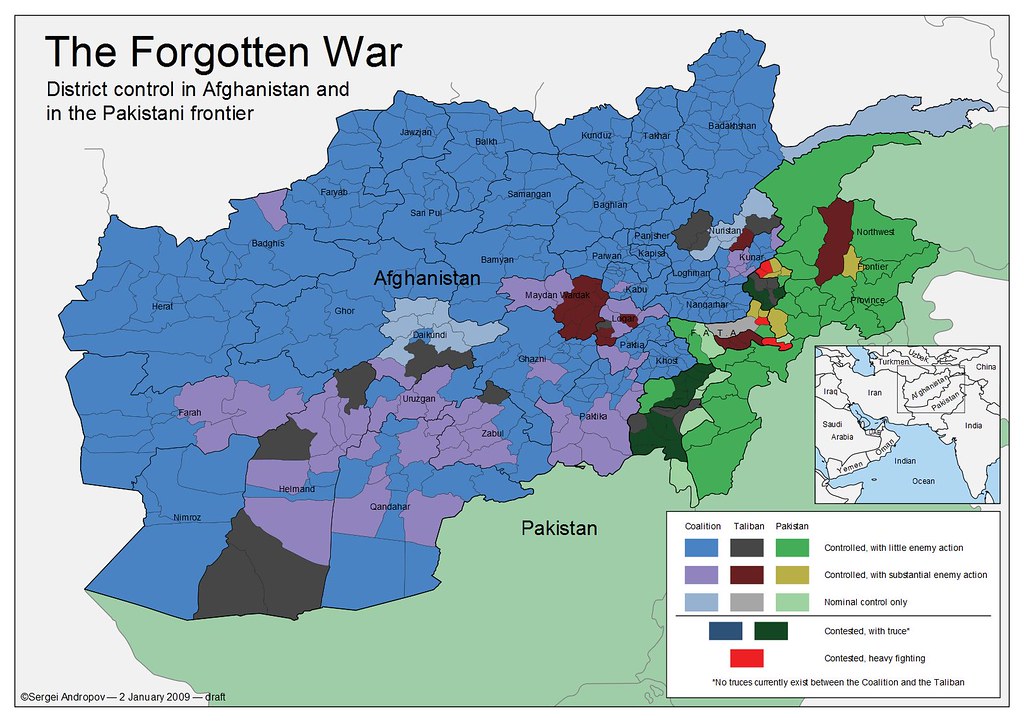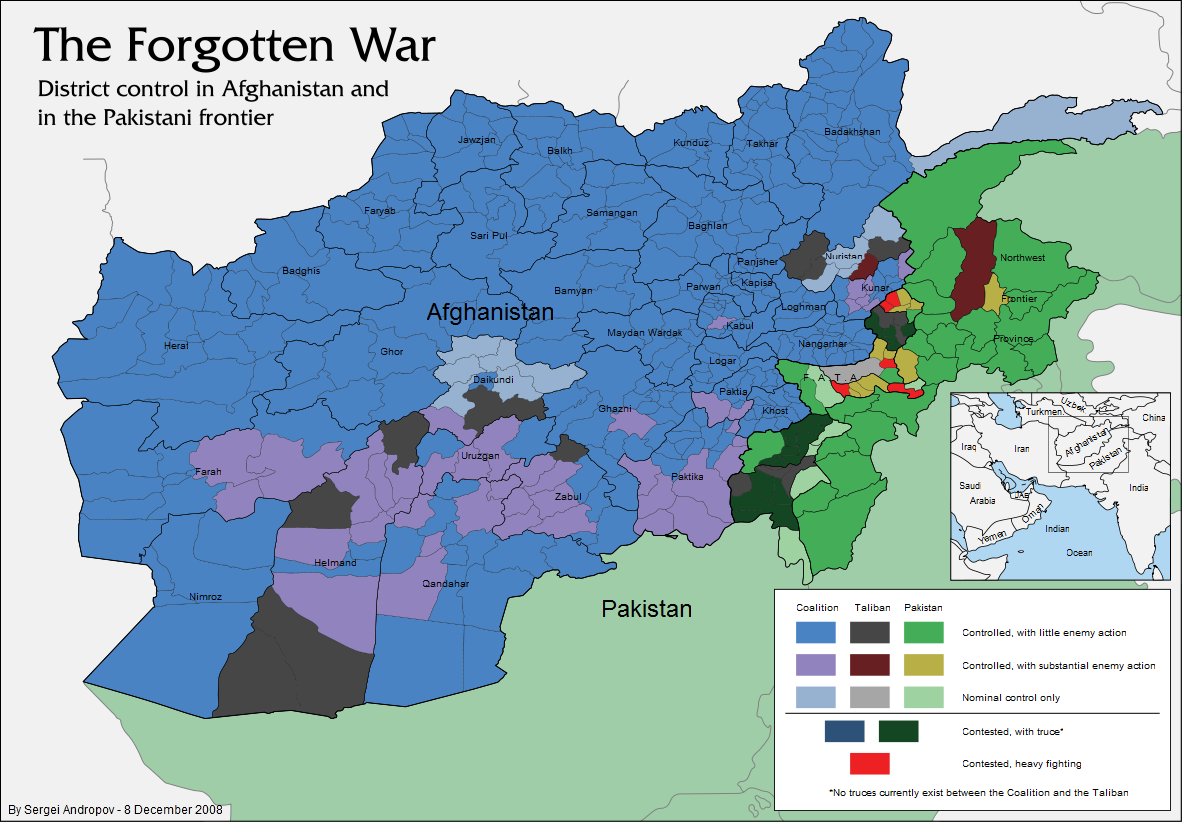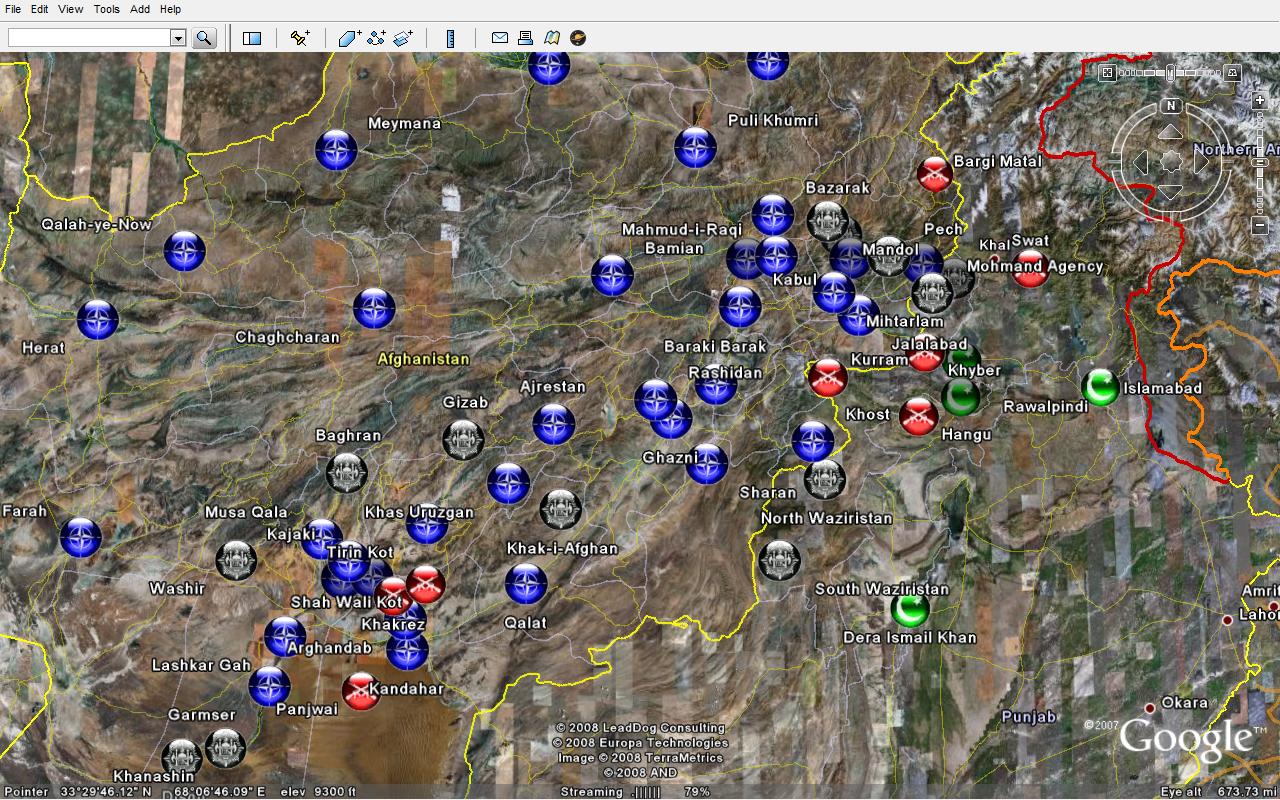A family of four, including two children, have been killed in an overnight raid by international troops, a police official and witnesses said.
Residents in Hud Kheil in the east of the capital said one of the two children was eight months old and grenades killed the family members during a joint Afghan-US special forces operation.
US special forces said they were not involved. Nato's International Security Assistance Force (Isaf) said they were investigating media reports.
The deaths are likely to further strain relations between Afghanistan and the US and other foreign forces in the country, who have been accused of using excessive force in civilian areas.
Hundreds of people blocked a road in Kabul, protesting against the raid.
"It was past one o'clock when the troops came and surrounded our houses," said Sulaiman, one resident.
"They threw hand grenades in one house and killed three family members," he said.
Some locals told Al Jazeera there was an exchange of fire, and that the family may have been caught in the crossfire.
Damaged building"Are these two children Al Qaeda?" an angry resident asked, as the bodies were taken for burial.
"We don't expect anything from the government because we don't have a government," Sulaiman said.
Several US and Nato military bases are located in the area. Three people were taken away by the troops, residents said.
The operation came a day after Nato said it received information from a "reliable source" that pro-Taliban fighters may be planning to falsely claim that international forces killed up to 70 civilians in southern Afghanistan.
The operation also comes Hamid Karzai, Afghanistan's president, sacked an Afghan army general and a major after more than 100 civilians were reported to have been killed in an attack by US-led coalition forces.
Eyewitnesses and local people said more than 100 civilians, many of them women and children, were killed in the attack.
US officials, who said only three civilians were killed along with 25 Taliban fighters, have agreed to take part in a joint investigation with Afghanistan into the attacks.
Ground and airAfghanistan's cabinet demanded last week a change in the rules governing international troops in the country, after the claims that more than 100 Afghans died in air attacks.
Despite Monday's deaths being caused by a ground operation, Daoud Sultanzoy, an Afghan MP, told Al Jazeera last week that it was air raids by Nato and US-led troops in villages and civilian areas that were causing the most damage.
The cabinet said that a review should focus on the "authorities and responsibilities" of troops and demand an end to air attacks in civilian areas, illegal detentions and unilateral houe searches.
"The authorities and responsibilities of the international forces in Afghanistan must be regulated through a "status of force agreement" consistent with both international and Afghan laws.
"Air strikes on civilian targets, unco-ordinated house searches and illegal detention of Afghan civilians must be stopped," a government statement said.
"With either good or bad intelligence, the most important lesson to learn from this is that we need to rely more on ground troops.
"Since Nato and the coalition don't have these troops, the reliance on air support is greater.
"If [Nato and the US] can increase their ground operations it would probably alleviate some of these problems."
The United Nations says that 255 of the almost 700 civilian deaths in fighting in Afghanistan this year have been caused by Afghan and international troops.
Via Al Jazeera.Comment:Fun fact: As of July, there were 162,000 US troops in Iraq.
¹




